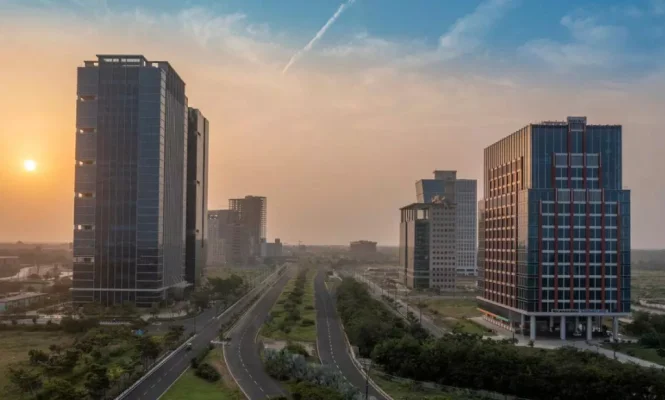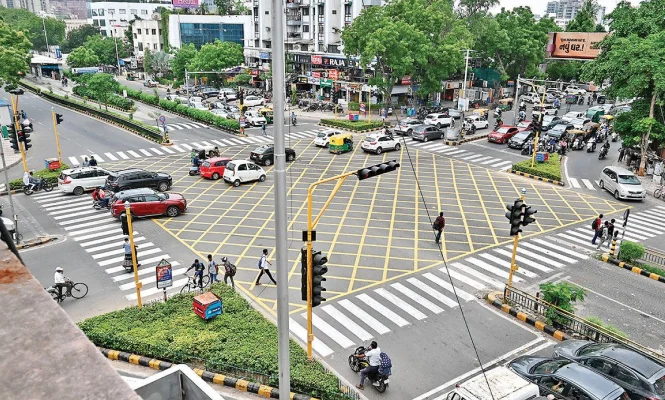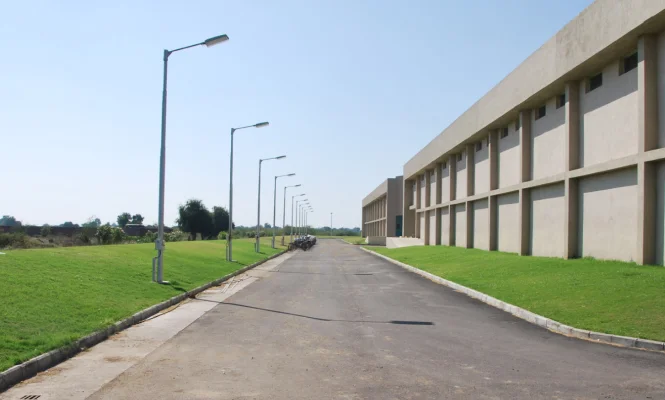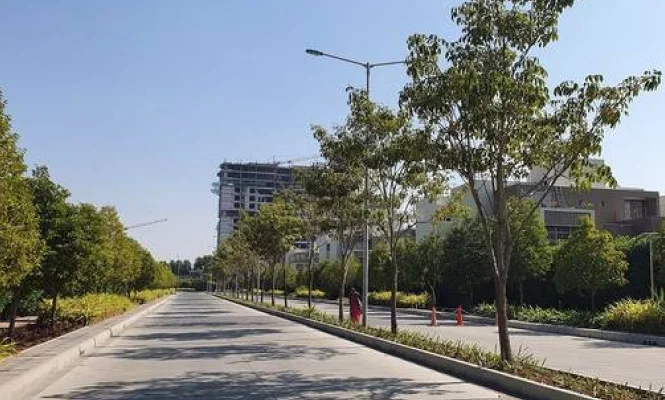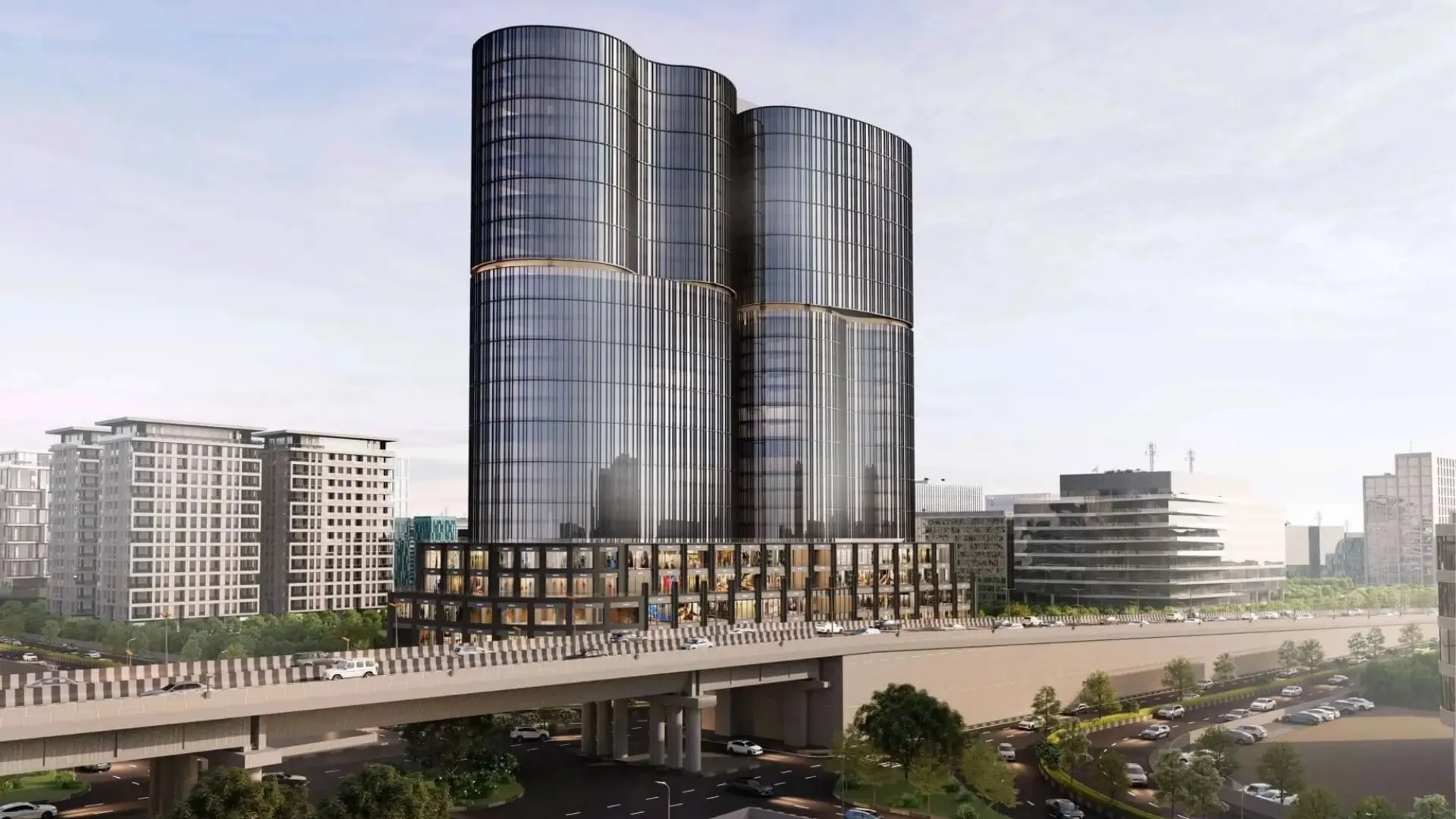Demand for flex workspace set to rise
22 Mar 2024

BENGALURU-
India's flexible workspace market is poised to outpace the traditional commercial office sector, fuelled by the adoption of work-from-anywhere policies and asset-light office expansion strategies.
According to a report by investment banking firm Avendus Capital, the sector is projected to reach 126 million sq ft by 2028, up from 61 million sq ft in 2023. Around 250 flex workspace operators, with $3.5 billion annual revenue in 2023, are estimated to clock revenues of $9 billion in five years, it added.
With this, the market share of flexible workspace is projected to increase from 7% in 2023 to 12% by 2028, the report added.
It is also expected to attract diverse categories of investors, including growth capital, private equity, real estate, high-net-worth individuals and family offices, as well as venture debt and structured credit, Avendus said.
As more enterprises explore workplace policies,we are seeing a broad shift towards flexible & modern space solutions.The share of flex workspaces in the overall commercial office market is only growing. We expect at least four mature operators to go for a public listing within 2-3 years" said Prateek Jhawar, managing director and head, infrastructure and real assets, investment banking, Avendus Capital.
Major flex workspace operators, such as WeWork India, IndiQube, Smartworks, Table Space and Awfis, offer a mix of co-working spaces and managed offices, or customized workspaces.
Awfis, backed by ChrysCapital and Peak XV Partners, filed its draft red herring prospectus last December. If successful, the initial public offering (IPO) will be the first public listing by a flex workspace operator in India.
Jhawar said 80-90% of the demand for flexible workspaces will originate from top-tier cities, and operators will be selective in expanding into smaller markets.
The sector experienced a slowdown during the 2020 pandemic, as employees relocated to their hometowns and embraced remote work. However, there was a significant rise in demand, as more companies adopted flex workspace solutions for their workforce
Demand is increasing across major office markets, catering to diverse price points. While large enterprises are seeking satellite offices, small and medium businesses, and startups, are opting for cost-effective office solutions, gravitating towards flexible workspaces in peripheral business districts of Tier I and some Tier II cities.
“We have already seen private equity investors warming up to this sector. Going forward, we will see more operators raising capital and gaining support from investors," Jhawar added.
However, amid robust demand, flex workspace operators may face a significant challenge in securing high-quality real estate in the central business districts of the top seven cities at favourable rentals.
Author : Madhurima Nandy











